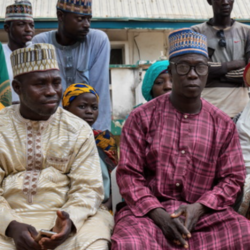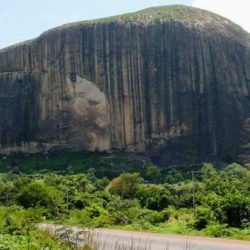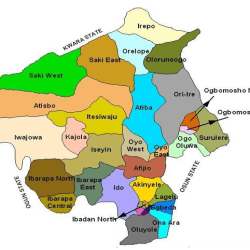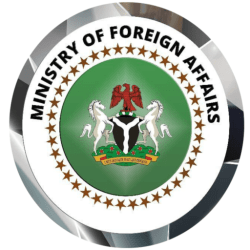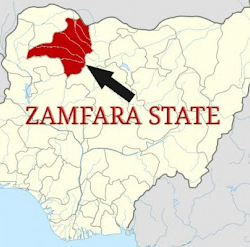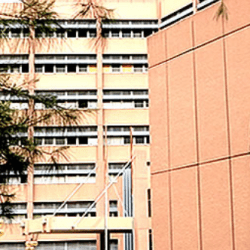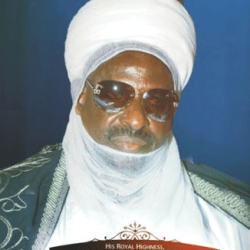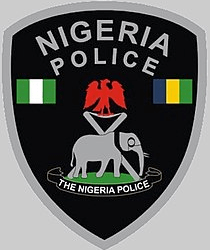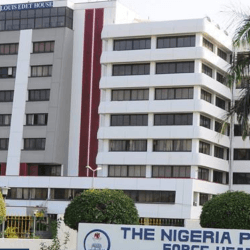The 8 emirs in Niger State, Nigeria are:
- Alh. Yahaya Abubakar CFR
- Alh. Saidu Namaska CON
- Alh. Haliru Dantoro CON
- Mal. Muhammad Awwal Ibrahim CON
- Alh Muhammad Kudu Abubakar III
- Alh. Umar Tafida Bago III CON
- Alh. Umaru Farouk Bahago CON
- Alh. Salihu Tanko
The emirs and their emirates are as follows:
| SN | NAME | DOMAIN | L.G.A | STATUS DESIGNATION |
| 1 | Alh. Yahaya Abubakar CFR | Bida Emirate | Gbako, Lavun, Katcha, Edati, Mokwa & Bida | Estu Nupe 1st class Emir, Chairman, Niger State council of Chiefs |
| 2 | Alh. Saidu Namaska CON | Kontagora Emirate | Kontagora, Mashegu, Mariga, Wushishi, Magama & Rijau | 1st class Emir, Sarkin Sudan of Kontagora |
| 3 | Alh. Haliru Dantoro CON | Borgu Emirate | Borgu & Agwara | 1st class (Emir of Borgu) |
| 4 | Mal. Muhammad Awwal Ibrahim CON | Suleja Emirate | Suleja, Gurara & Tafa | 1st Class Emir |
| 5 | Alh Muhammad Kudu Abubakar III | Agaie | Agaie | 1st class Emir (Emir of Agaie) |
| 6 | Alh. Umar Tafida Bago III CON | Lapai Emirate | Lapai | 1st class Emir (Emir of Lapai) |
| 7 | Alh. Umaru Farouk Bahago CON | Minna Emirate | Minna, Shiroro, Paikoro, Bosso & Munya | 1st class Emir (Emir of Minna) |
| 8 | Alh. Salihu Tanko | Kagara Emirate | Rafi | 1st class Emir (Emir of Kagara) |
Niger
Niger is a State located in central Nigeria and its capital city is Minna.
Other top cities in Niger State include Bida, Suleja and Kontagora.
The State has an expansive land area and it’s close to the nation’s capital, Abuja.

Creation: It was created out of the defunct North Western state on 3rd February, 1976.
Location: Situated in the North central geo-political zone.
Administrative areas: The State comprises 25 Local Government Areas grouped into 3 administrative zones: A, B, C with each zone having 8, 9 and 8 Local Government Areas (LGAs) respectively.
List of Local Government Areas
Niger State has 25 Local Government Areas, namely:
- Agaie
- Agwara
- Bida
- Borgu
- Bosso
- Chanchaga
- Edati
- Gbako
- Gurara
- Katcha
- Kontagora
- Lapai
- Lavun
- Magama
- Mariga
- Mashegu
- Mokwa
- Munya
- Paikoro
- Rafi
- Rijau
- Shiroro
- Suleja
- Tafa
- Wushishi
Local Government Areas and their headquarters
The Local Government Areas in Niger State and their headquarters are:
| SN | LGA | HEADQUARTERS |
| 01 | Agaie | Agaie |
| 02 | Agwara | Agwara |
| 03 | Bida | Bida |
| 04 | Borgu | New Bussa |
| 05 | Bosso | Maikunkele |
| 06 | Edati | Enagi |
| 07 | Gurara | Gawu Babangida |
| 08 | Gbako | Lemu |
| 09 | Katcha | Katcha |
| 10 | Kontagora | Kontagora |
| 11 | Lapai | Lapai |
| 12 | Lavun | Kutigi |
| 13 | Mariga | Bangi |
| 14 | Mokwa | Mokwa |
| 15 | Magama | Nasko |
| 16 | Mashegu | Mashegu |
| 17 | Munya | Sarkin Pawa |
| 18 | Paikoro | Paiko |
| 19 | Rafi | Kagara |
| 20 | Rijau | Rijau |
| 21 | Shiroro | Kuta |
| 22 | Suleja | Suleja |
| 23 | Tafa | Sabon-Wuse |
| 24 | Wushishi | Wushishi |
| 25 | Minna | Minna |
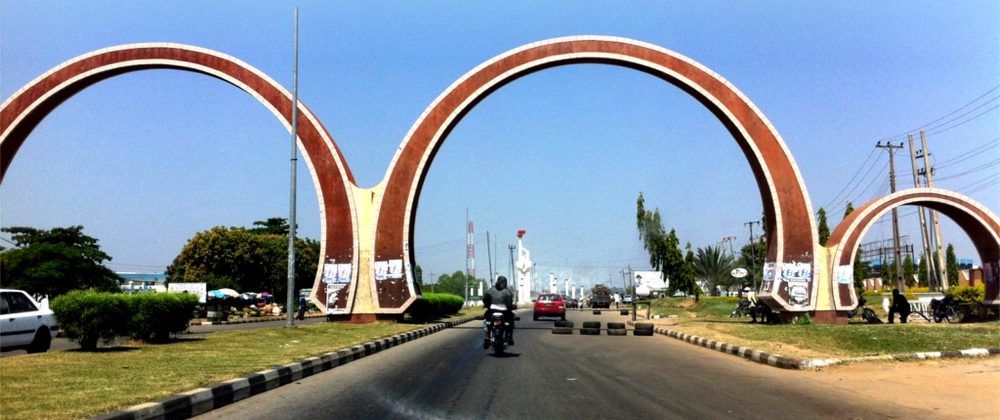
Boundaries: Niger State shares its borders with republic of Benin (West), Zamfara State (North), Kebbi (North-West), Kogi (South), Kwara (South West), Kaduna (North-East) and the FCT (South-East).
Land area, the largest among Nigerian states: Niger State is one of the largest states in Nigeria covering about 86,000km2 (or about 8.6million hectares) representing about 9.3% of the total land area of the country.
Major rivers: Niger State’s major rivers are: Niger, Kaduna, Gbako, Eko, Gurara, Ebba, Ega, Mariga and their tributaries.

Fishes: The common fishes found in these rivers are: Nile Perch (Lates) Trunck fish, Cat fish, Osteoglosid, Tilapia, Synodontis, Tiger fish, Moon fish, Mormyrid and Electric fish. By the 2006 census, the State’s population is 3,950,249 comprising 2,032,725 males and 1,917,524 females.

Ethnic groups: The easily identifiable major ethnic groups are Nupes, Hausa, Gbagyi, Kadara, Koro, Bassa, Kamuku, Ingwai, Fangu, Kambari, Dukkawa, Fulani, Abewa, Bisan, Gungawa, Bauchi, Bariba, Urah, Boko, Bokobaro, Bauchnu, Achifawa, Dakarkari, Kakanda, Ganagana, and Dibo and numerous non native tribes.
Economic activities: The major economic activity is agriculture: farming, fishing, and cattle rearing.
The other economic activities (though limited in scale) include banking, trading, transportation, local arts and crafts with Bida, the heart land of the Nupes, famous for its brass work. These activities constitute the means of livelihood of the people of Niger State in addition to public service.
Reference: nigerstate.gov.ng/ about-niger
